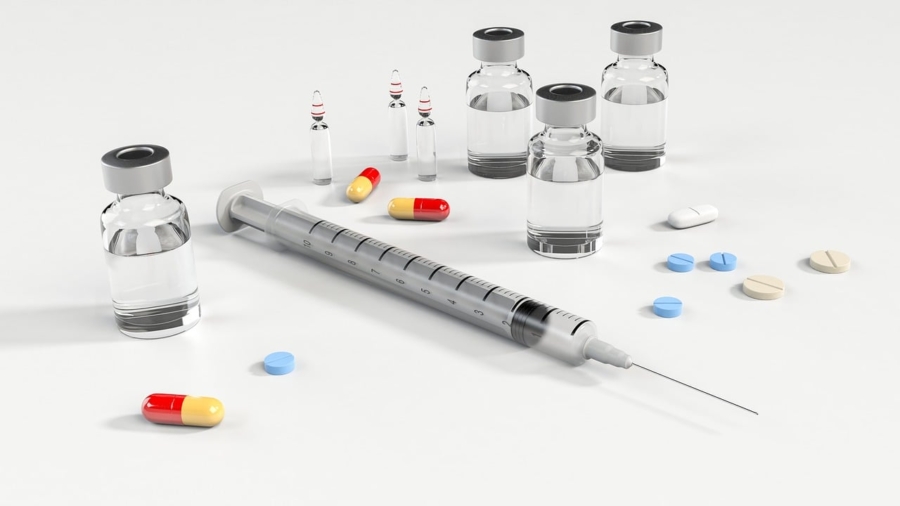Imagine a world where anyone, anywhere, could receive preliminary medical guidance without immediately seeing a doctor. No long waits, no travel challenges, no overwhelmed clinics. This is not science fiction—it is becoming a reality through Artificial Intelligence (AI).
The Transformative Power of AI in Healthcare
AI is reshaping healthcare by analyzing vast amounts of patient data—symptoms, lab results, imaging, and even wearable device information—to identify patterns that can inform diagnoses and treatment options. By doing so, AI accelerates decision-making and helps ensure patients receive timely guidance.
Diagnosing Without a Doctor
AI-driven diagnostic tools work by processing information and highlighting potential health concerns, allowing users or healthcare providers to make informed next steps. Examples include:
Symptom Analysis Apps: Users input symptoms into AI systems that provide guidance on possible conditions and recommend appropriate follow-up, such as seeing a healthcare professional or conducting further testing.
Medical Imaging Interpretation: AI algorithms assist in reading X-rays, CT scans, or ultrasounds, detecting anomalies that may require further medical evaluation.
Predictive Analytics: AI can identify trends in health data, helping anticipate health risks and enabling preventive measures at individual and population levels.
These tools do not replace doctors, but complement them, especially in areas where access to medical professionals is limited. They enhance triage, improve efficiency, and support clinicians in delivering high-quality care.
Real-World Applications
Around the world, AI is being integrated into healthcare systems to:
Assist clinicians in making more informed decisions by highlighting potential conditions.
Empower individuals to understand their health and seek timely care.
Support public health by analyzing population-level data for trends and emerging health risks.
Challenges and Considerations
While AI offers significant promise, several challenges must be addressed:
Data Privacy and Security: Protecting sensitive health information is critical.
Algorithm Bias: AI models need diverse and representative data to avoid inaccuracies.
Ethical Integration: AI should support healthcare professionals, not replace them. Training, infrastructure, and oversight are essential.
The Future of AI in Global Health
The future of healthcare is likely to be hybrid, combining AI’s analytical power with the expertise and empathy of human professionals. AI can handle routine assessments, flag urgent cases, and guide interventions, allowing doctors to focus on complex or critical care.
AI-driven healthcare has the potential to make medical guidance faster, more equitable, and more accessible globally. By enhancing—but not replacing—human judgment, it represents a major step forward in improving health outcomes everywhere.
AI is not just changing healthcare—it’s putting the power of early diagnosis into everyone’s hands. How ready are you to step into this new era?

